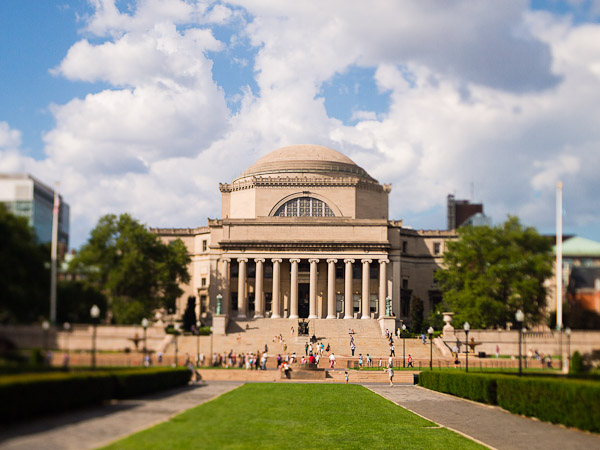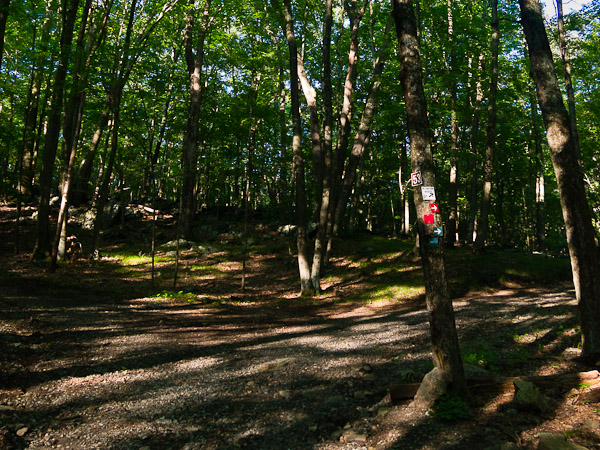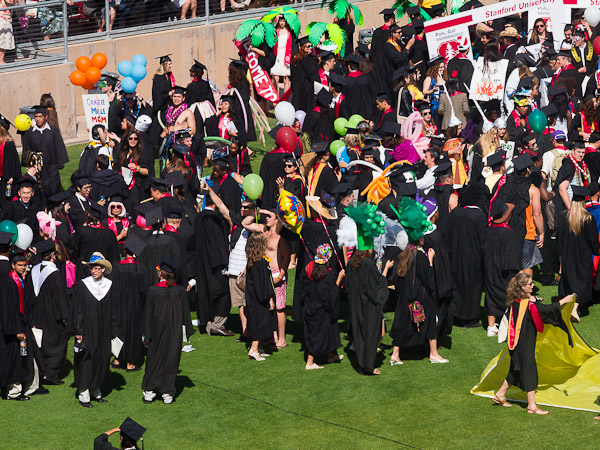The project I’m working on involves compiling a huge number of source files which means we need a sizable amount of scratch space on which to run our experiments. Our main compute server was running a little short on disk space, so it seemed like the appropriate time to add a new disk. We considered both solid state and traditional spinning platter drives. The SSD seemed like the better performing options, but we eventually settling on an HDD, as the price of SSDs (due to restriced suppliers) was still prohibitive.
I was curious though how much performance improvement an SSD might have yielded, so I ran a small experiment on my desktop, which does have a (small) SSD. I built the clang C/C++ compiler version 3.2, first off the HDD (a typical 7200RPM 750GB affair, then off my SSD (a Crucial Sandforce MLC device), and finally off of a ramdisk (Linux tmpfs).
The result?
Less than a 1% difference in compile time between the 3 options.
Similar to the case of Lightroom, it looks like compiling, at least for a mid-sized project (500MB of source) doesn’t benefit from an SSD vs. a hard disk. Considering that ramdisk and HDD performance were virtuall identical, it seems quite likely that the whole thing never even left the memory of the operating system’s disk cache.





